Partnerships
Conservation Collaboration
Joining Forces For Greater Impact
TBA partnerships are based on the shared recognition that there is an urgent need for training and research in tropical biology. What we bring is our experience in training and capacity building; what we seek is dialogue with institutions, access to suitable sites, great teachers, motivated students and logistical support.
The nature of our partnerships is varied, but the rationale is consistent: through mutual support we can have greater impact in conservation.
J. Arinaitwe
BirdLife Africa
Working Together
Our Core Partnerships
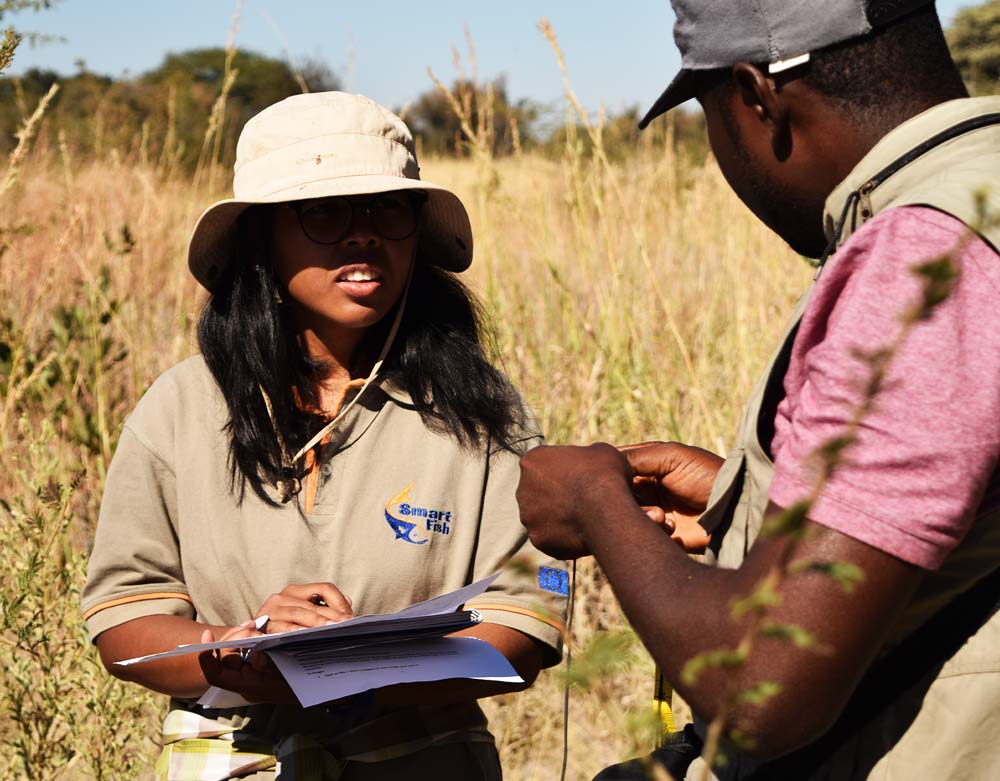
Kenya
The National Museums of Kenya provides us with a home base in Africa; our Nairobi office is hosted by NMK and our partnership is strong and productive. NMK also hosted the first African student conference organised by our African Alumni Group (TAAG).
We collaborate to run joint annual courses, including ‘Fundamentals of Ornithology’ , and we share TBA equipment when NMK carries out its annual national waterbirds survey.
NMK was a major partner, along with TBA and Nature Kenya (the country’s oldest environmental society) in the three year EU-funded DRECA programme (Developing Research Capacity among African Scientists), which further strengthened collaboration.
Through partnerships with Moi University, Kenyatta University and Egerton University, TBA can rely on specialist teaching staff for our field courses. In return, their students have priority access to the benefits of our unique training programmes.
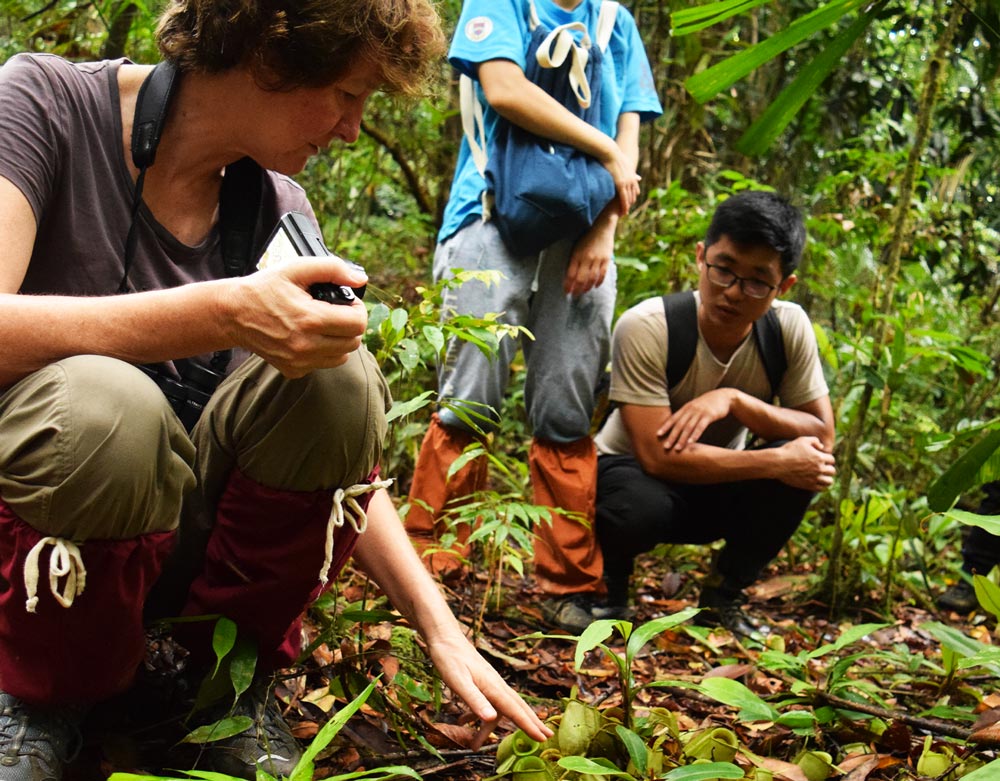
Uganda
The first ever TBA field course was held in Uganda’s Kibale forest — a hot spot for primates, and a unique site to study the impact of logging. The ongoing success of our training programme there is the result of key partnerships with the country’s wildlife authorities and leading research centres.
Our courses are based at the Makerere University Biological Field Station; a site in the Kibale National Park which is managed by the Uganda Wildlife Authority — the main government agency for wildlife protection. We work closely with UWA and with several departments of Makerere University, including the Institute of Environment and Natural Resources, the Faculty of Forestry and Nature Conservation and the Department of Zoology.
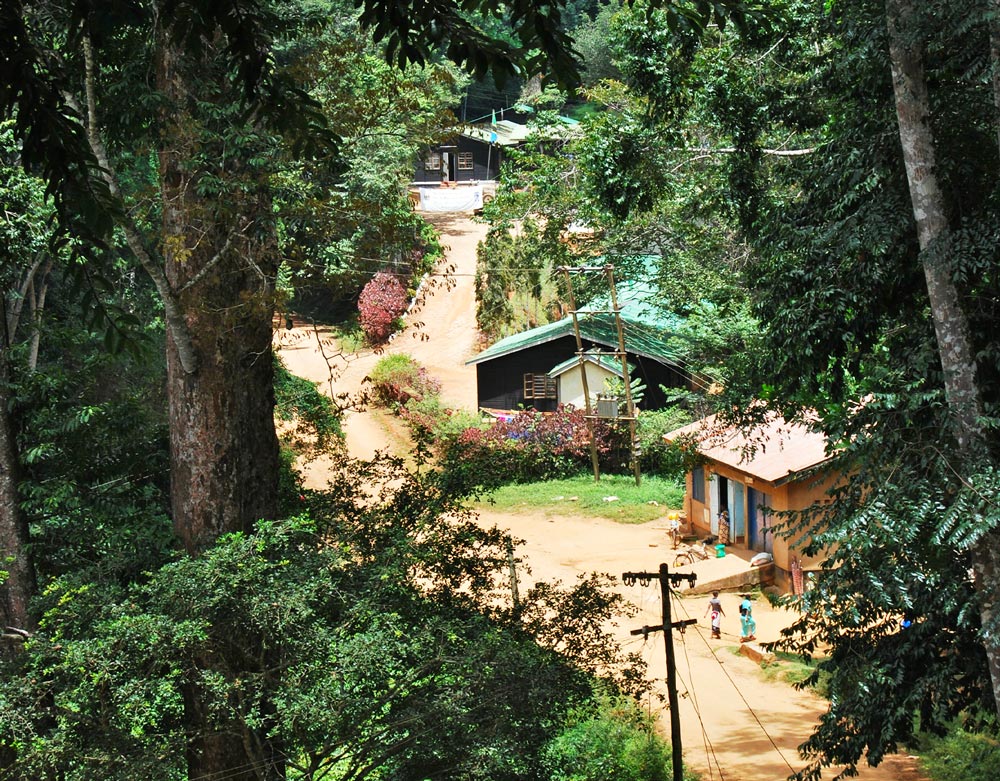
Tanzania
A Memorandum of Understanding between TBA and the Amani Nature Reserve lays the foundation for our annual field courses in the forests of the Usambara mountains in north-eastern Tanzania. The Amani Research Centre site provides a wonderful base to study an area where high levels of forest endemism and biodiversity are under threat from local deforestation and unsustainable land use. Over the years, TBA has helped to build accommodation at the centre and trained Reserve staff.
TBA’s track record in capacity building, and our experience in Amani, led to further collaboration between TBA and the Tanzanian government’s Forestry Research Institute and the Forestry and Beekeeping Division during a three year collaborative programme to train Tanzanian conservation scientists in the management of invasive plant species that are threatening biodiversity in the East Usambaras.
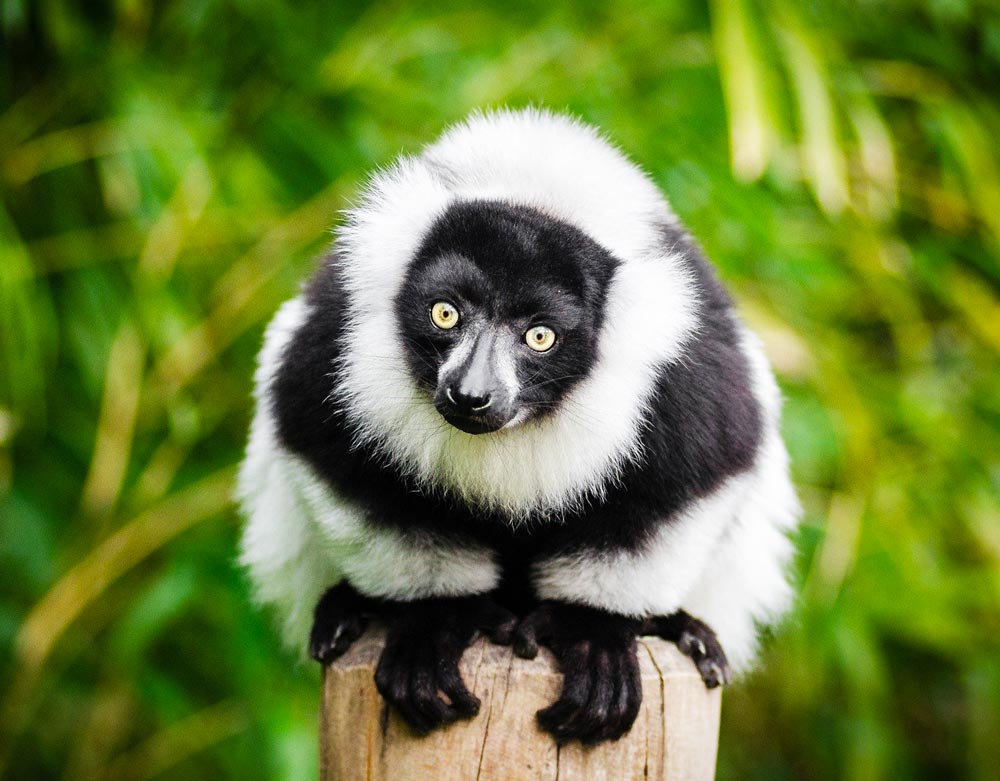
Madagascar
Our training courses in the fascinating dry deciduous forests of Madagascar are facilitated by partnerships with the University of Antananarivo and the government environmental research agency, the Centre National de Formation, d’Etudes et de Recherche en Environnement et Forestier.
The CNFEREF manages the Kirindy Forest Reserve, and the centre in the forest where our courses are based. Logistical support for the camp makes it a viable base, and TBA has helped in the development of this field station, so that it can be more widely used. Teaching staff from the University of Antananarivo share their skills and expertise with TBA participants.
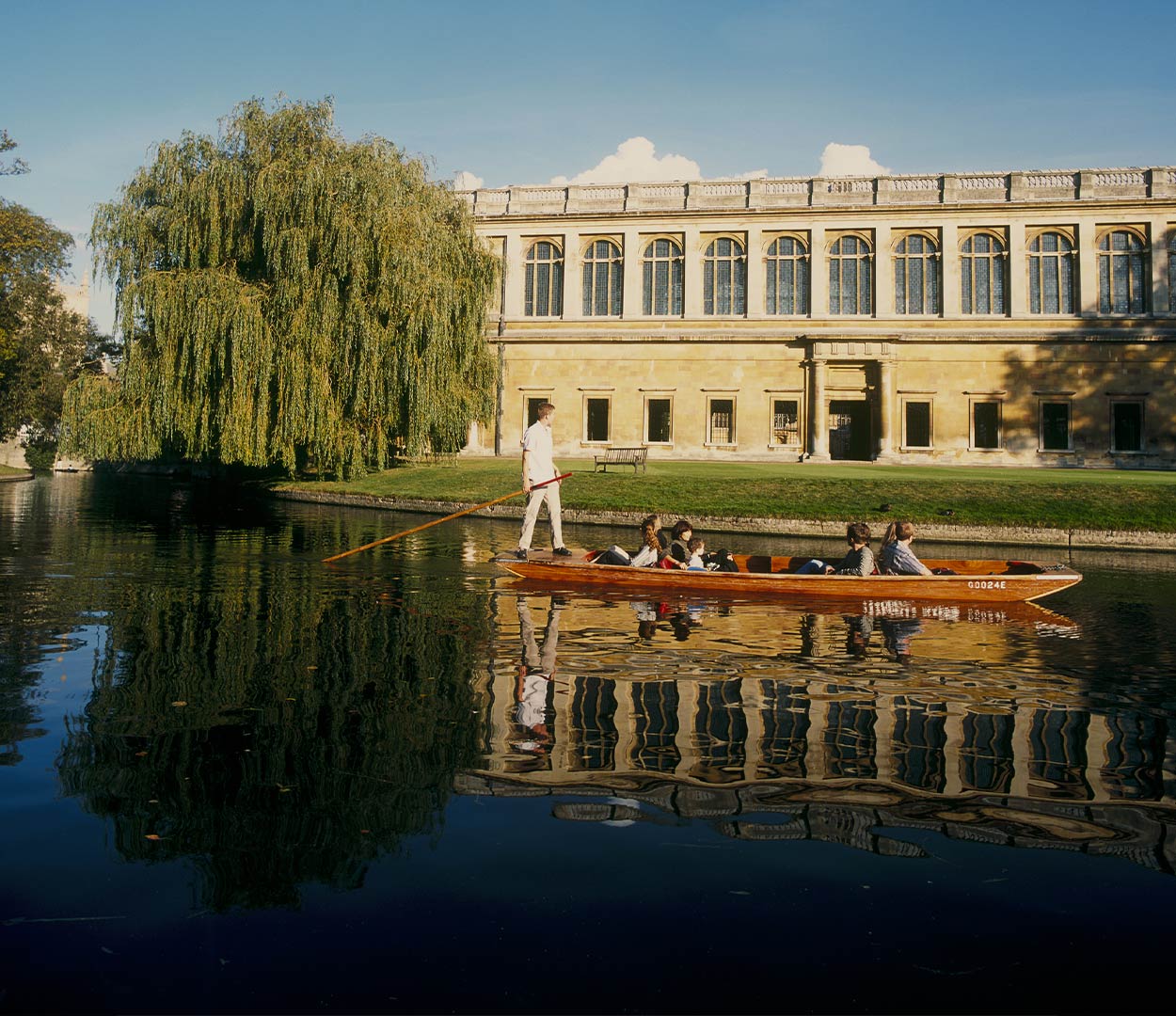
Cambridge Conservation Initiative
TBA is a founder member of the Cambridge Conservation Initiative (CCI). This collaborative venture brings together a critical mass of expertise in global biodiversity conservation that is unprecedented anywhere in the world.
The CCI partners are the University of Cambridge and ten leading conservation organisations — based in and around Cambridge — whose work is internationally-focussed.
Each partner already has an established programme of conservation work in research, education, policy and action. Through strategic collaboration, the CCI partners tackle existing and new conservation challenges with innovative approaches that derive from different disciplines, knowledge and experience.
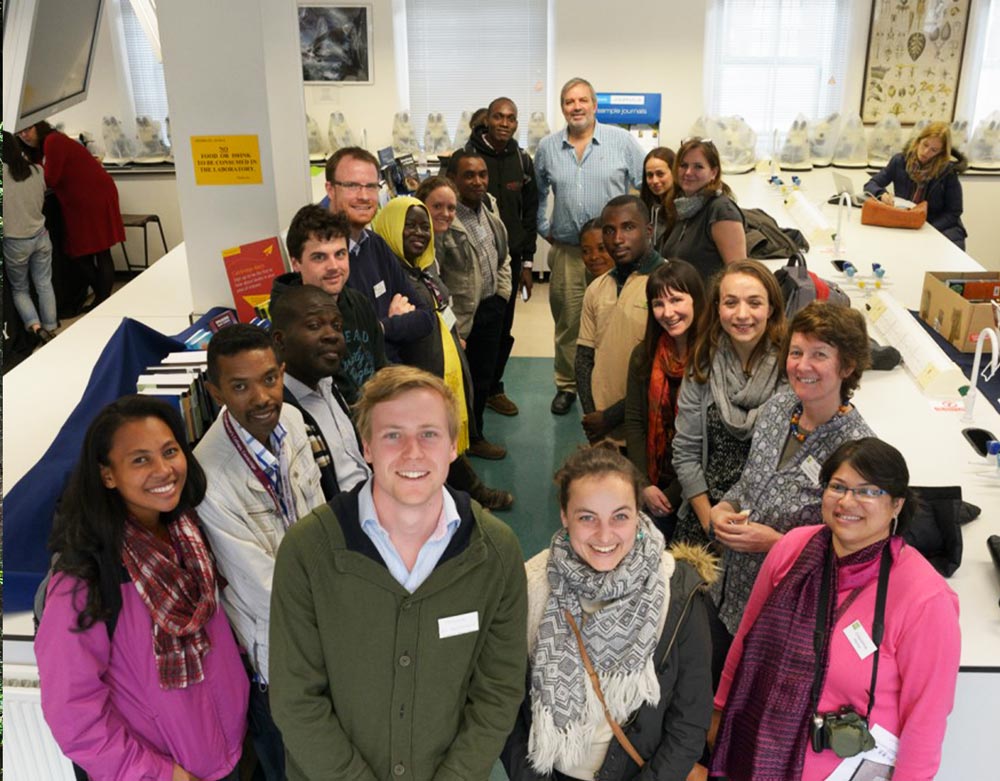
Student Conference on Conservation Science
TBA is a partner in the organisation of the SCCS — “the” annual forum for young conservation scientists to deepen their knowledge, share ideas and build networks. This is the only conservation conference aimed entirely at students, the programme combines plenary sessions with specialists, student talks, workshops and poster presentations.
Since it was founded 15 years ago, the Cambridge SCCS has hosted more than 2.500 delegates from 124 countries, and given rise to a series of sister events in Australia, Bangalore, Beijing, New York and Hungary.
